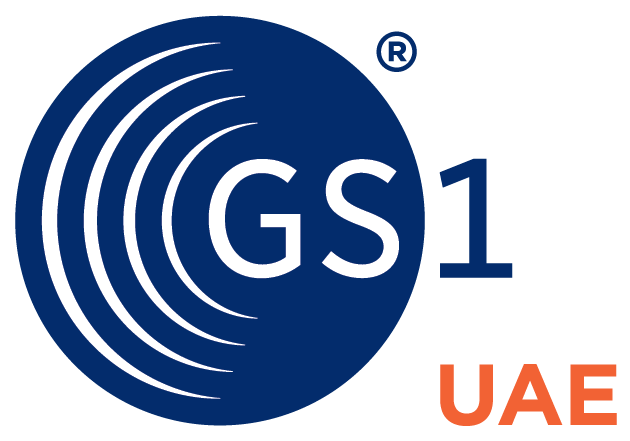As food safety challenges intensify worldwide, global traceability is needed more than ever. Today’s traceability systems must be interoperable and scalable, providing all stakeholders in the food supply chain with an easy way to collaborate and share information. GS1 standards provide the needed framework for global visibility of food products as they travel from grower to consumer.
Each day, consumers put their trust in the global food supply chain and the food they eat. Yet, the supply chain continues to grow in complexity and risk. Brands are increasingly faced with recalls—their own or other’s—by food fraud and authentication issues, and by demands from consumers who want to know more about the products they buy.
As food safety challenges evolve and supply chain digitalization accelerates, we must embrace and collaborate with a renewed sense of urgency to create a better traceability ecosystem of solutions. This ecosystem will provide greater transparency between trading partners and with consumers and enable each operator to choose the traceability solution that best fits its needs, while assuring this solution can “communicate” with their trading partners’ solutions.
Enabling interoperable traceability solutions
Retailers, suppliers, distributors and consumers—all are demanding fast, accurate and complete information that can be seamlessly accessed across traceability systems. They must answer a wide range of questions from other trading partners as well as from consumers and, at times, regulatory authorities.
Where was it grown? Who was involved in the supply chain? Was it produced following food safety good practices? Questions—like these and more—demand answers in today’s food industry.
Data to answer these questions is often spread across the supply chain. That’s why traceability systems must be interoperable and scalable, where trading partners can easily collaborate and share information for visibility across the entire supply chain.
GFSI and GS1: Working together for global food safety
As GFSI and GS1, our organisations make ideal partners in helping to shape a better ecosystem of traceability solutions.
GFSI focuses on setting the high-level requirements for food safety—the “what”—, as well as for traceability. As GS1, we focus on “how” to design and implement traceability solutions by providing best practices and global standards that enable interoperability and transparency.
Our organisations serve the same members of the global food supply chain, grounded in the belief in standards and collaboration. In short, our respective roles and missions are complementary—a compatibility that supports the need to prioritize traceability and bring together all stakeholders to achieve it.
Traceability requires standards and technology. . .
Big data, artificial intelligence, blockchain, smart everything—these emerging technologies are bringing new opportunities to our industry to more efficiently and effectively manage food for increased safety.
Yet, technology alone will not solve for needed global traceability. All stakeholders must come together in an ecosystem of cooperation for traceability to thrive. They must use open, global standards that will enable the use of technologies and automation within food production, processing and delivery processes for end-to-end traceability.
The GS1 Global Traceability Standard provides the framework for the design of interoperable traceability systems, making it possible for:
- Different traceability systems to use a common language to talk to each other
- Organizations to access, combine and interpret data from a variety of sources across the end-to-end supply chain
- Each trading partner to choose the GS1-enabled traceability solution that best meets its specific needs.
. . .and global and local efforts.
Along with GS1 standards, global traceability requires global and local efforts. GS1 Member Organisations (MOs) in 112 countries offer the local, in-country support needed to tailor traceability solutions for local markets and regulatory requirements. They provide implementation best practices and programmes for food companies of all sizes as well as consulting, assessment and data services.
The development of GS1 standards (like the Global Traceability Standard) is also a collaborative effort involving members of industry who come together, using the GS1 Global Standards Management Process. Participants include business and technical professionals from nearly 60 countries, representing industries such as retail, healthcare, transport and logistics, governments and many more.
We all win with traceability
When we collaborate, recalls can be faster and more precise, sustainability efforts can be strengthened, and consumer trust can be elevated. All of this is possible with interoperable and transparent traceability. Let’s come together to make global traceability a global reality.
We look forward to meeting and collaborating with you during the GFSI Conference in France. Do not miss our Wednesday 27th February special session on “Building a Global Traceability Ecosystem for the Common Good: A Call to Collaborate Now’’, and be sure to visit the GS1 booth (29 and 34)!






